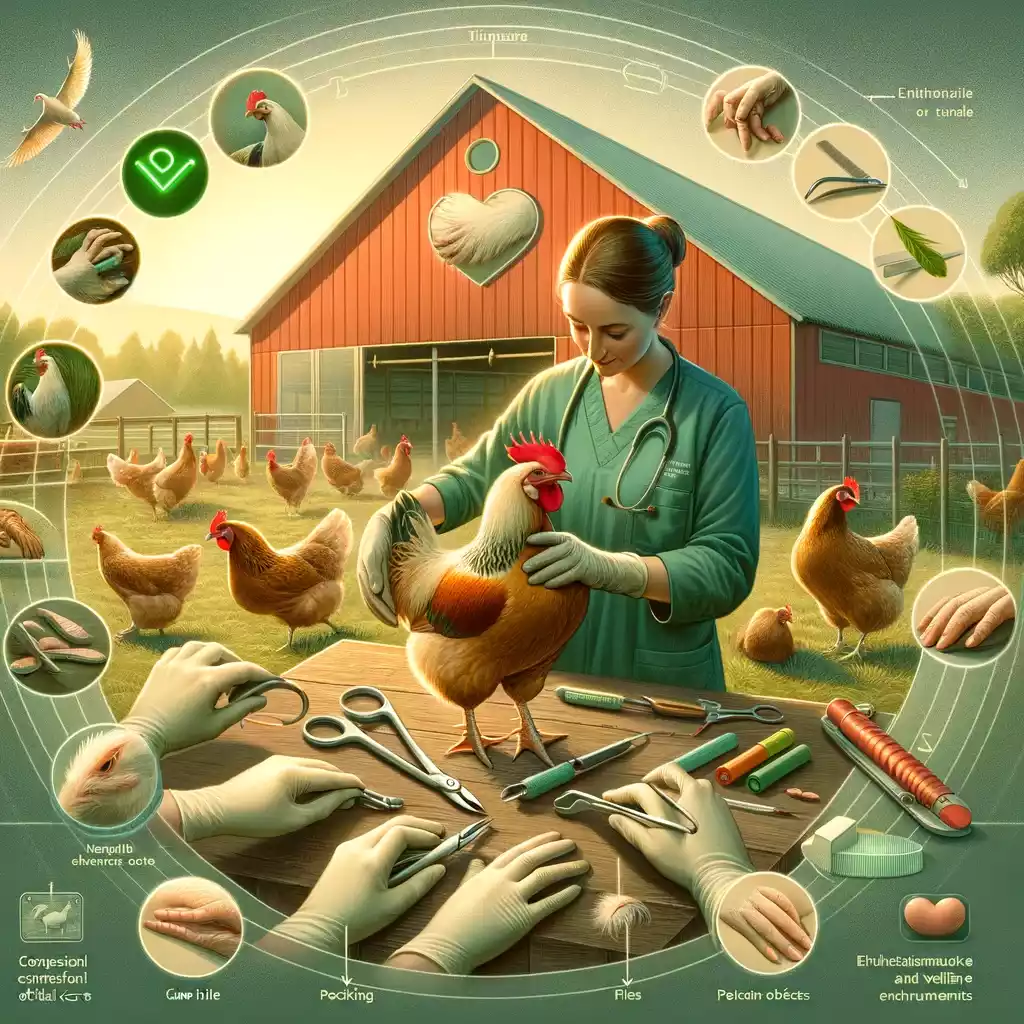Introduction:
Poultry vaccination plays a crucial role in maintaining flock health, ensuring productivity, and safeguarding the profitability of poultry operations. This guide offers a brief overview of the importance, strategies, and best practices for effective poultry vaccination.
The Importance of Vaccination:
Vaccination is a vital preventive measure against infectious diseases in poultry. By stimulating the birds’ immune systems to recognize and combat pathogens, vaccines help reduce the incidence of disease outbreaks, minimize flock mortality, and maintain consistent production levels.
Types of Poultry Vaccines:
Poultry vaccines are categorized into several types, each designed to offer protection against specific pathogens. The main types include:
- Live Vaccines: Contain weakened forms of the pathogen and provide strong, long-lasting immunity.
- Inactivated Vaccines: Made from killed pathogens, these vaccines are safe and stable but may require boosters.
- Recombinant Vaccines: Employ genetically engineered viruses or bacteria to introduce pathogen antigens and stimulate immunity.
Creating an Effective Vaccination Schedule:
An optimal vaccination schedule is essential for effective disease prevention. Factors to consider include:
- Age of the Birds: Younger birds may need different vaccines compared to adults.
- Disease Risks: Local disease prevalence and farm history can dictate specific vaccine requirements.
- Vaccine Type: The choice between live, inactivated, or recombinant vaccines will influence the schedule.
Best Practices for Vaccine Administration:
Proper vaccine administration is critical for ensuring effectiveness. Key practices include:
- Storage and Handling: Vaccines should be stored as recommended to maintain their potency.
- Administration Techniques: Whether administered via water, spray, or injection, follow guidelines to ensure proper dosage and minimal stress to the birds.
- Monitoring: Observe the flock for adverse reactions post-vaccination and assess the effectiveness of the vaccination program.
Conclusion:
Implementing a comprehensive vaccination program is integral to the success of poultry farming. By understanding vaccine types, scheduling, and administration best practices, farmers can protect their flocks from disease, boosting overall health and productivity.

